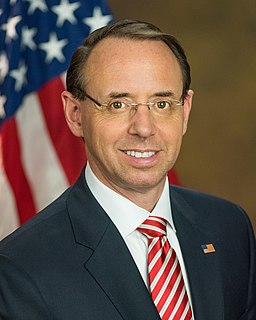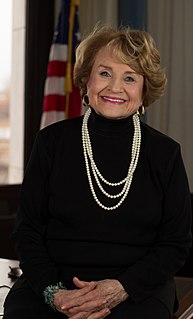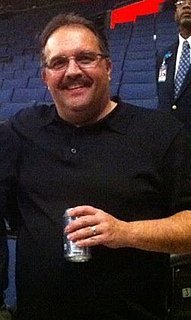A Quote by Guy Standing
Many low-income people in the U.S.A. charged with a crime opt to plead guilty to a lesser offence because they cannot afford to go to trial.
Related Quotes
The Pennsylvania Game Commission has charged a man with going deer hunting with a handgun in a Wal-Mart parking lot. He is being charged with reckless endangerment, but may plead guilty to the lesser charge of being a redneck.... Hunting in a Wal-Mart parking lot. That's got to be some good eating ? a deer that lives on leftover Twizzlers and Mountain Dew.
I sometimes worry that by encouraging so many more people to try their hand at baking through 'The Great British Bake Off,' I'm going to find myself in court one day charged with accelerating the national epidemic of obesity! To which I will plead not guilty. A slice of Victoria sandwich is never going to harm anyone.
In the world of traditional economics, it shouldn't matter whether you use an opt-in or opt-out system. So long as the costs of registering as a donor or a nondonor are low, the results should be similar. But many findings of behavioral economics show that tiny disparities in such rules can make a big difference.
I now say that the world has the technology - either available or well advanced in the research pipeline - to feed on a sustainable basis a population of 10 billion people. The more pertinent question today is whether farmers and ranchers will be permitted to use this new technology? While the affluent nations can certainly afford to adopt ultra low-risk positions, and pay more for food produced by the so-called "organic" methods, the one billion chronically undernourished people of the low income, food-deficit nations cannot.




































